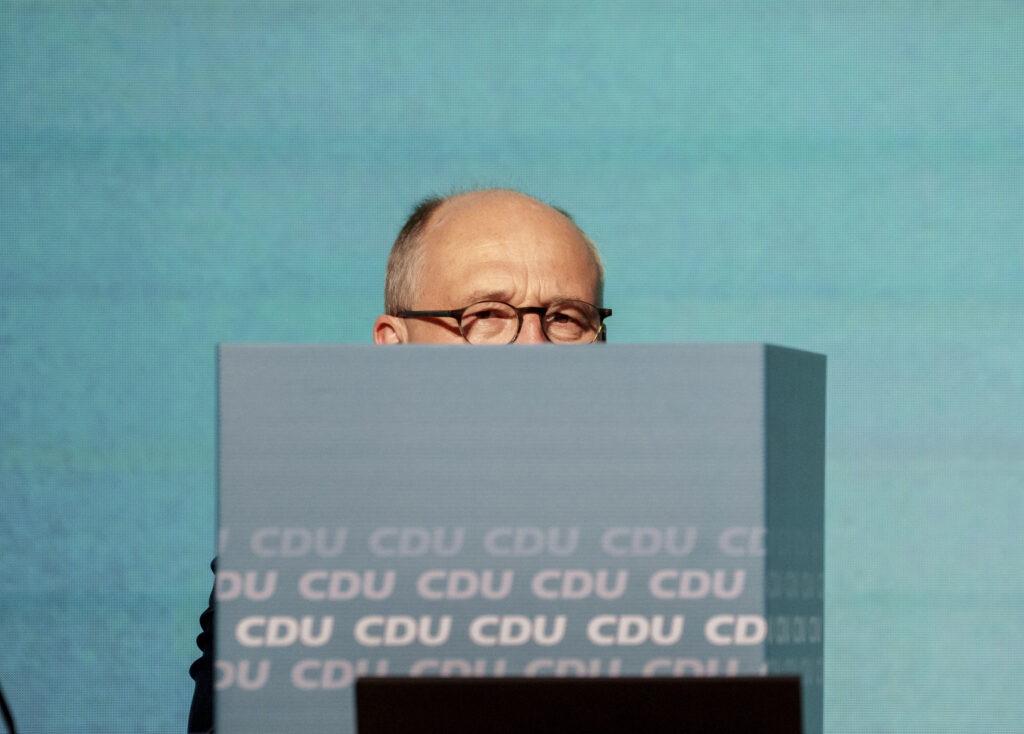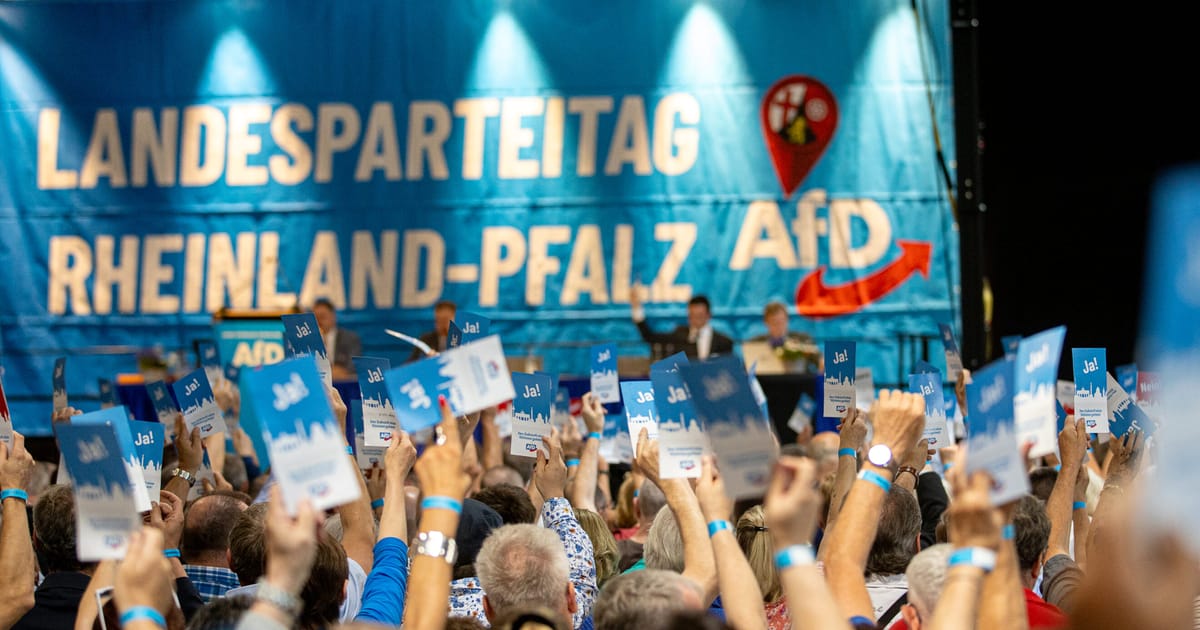The AfD won nearly 15 percent of votes in the state, coming in third place, according to the initial results. In the last municipal elections in North Rhine-Westphalia five years ago, the party won 5.1 percent of votes. In the city of Gelsenkirchen, a former center of heavy industry, the AfD candidate appeared set to face a center-left politician in a runoff for mayor.
German Chancellor Friedrich Merz’s conservative Christian Democratic Union (CDU) still came out clearly ahead of all other parties with 33 percent of the total vote, according to initial results. Merz’s coalition partners in the center-left Social Democratic Party (SPD) — once the dominant political power in North Rhine-Westphalia’s industrial centers — came in second with around 22 percent, according to an early tally. These vote shares are slightly lower than results for the parties in the state’s municipal elections five years ago.
The elections, while having no direct effect on national politics, were widely seen as a barometer of the national mood, coming roughly four months after Merz took office. Some of Germany’s conservative and centrist politicians expressed relief that the CDU and SPD performed as well as they did, since both parties have seen their national poll numbers slump while the AfD’s have risen.
“All Christian Democrats will be delighted with this result,” Hendrik Wüst, the conservative premier of North Rhine-Westphalia, said in a televised interview shortly after the polls closed. At the same time, Wüst added, the AfD’s strong result “cannot allow us sleep peacefully.”
Centrist politicians must ask themselves “what the right answers are when it comes to poverty and migration,” Wüst said. “Are all parts of our welfare system really fair? What about problems with housing costs? Some issues have been allowed to drag on for a very long time.”
 German Chancellor Friedrich Merz’s conservative Christian Democratic Union still came out clearly ahead of all other parties with 33 percent of the total vote, according to initial results. | Andreas Arnold/Getty Images
German Chancellor Friedrich Merz’s conservative Christian Democratic Union still came out clearly ahead of all other parties with 33 percent of the total vote, according to initial results. | Andreas Arnold/Getty Images
In Germany’s federal election in February, the AfD came in second with 20.6 percent of the vote, the best national result for a far-right party in Germany’s postwar history. The AfD’s success rested largely on its dominance in the former East Germany, where it came first in virtually all regions.
